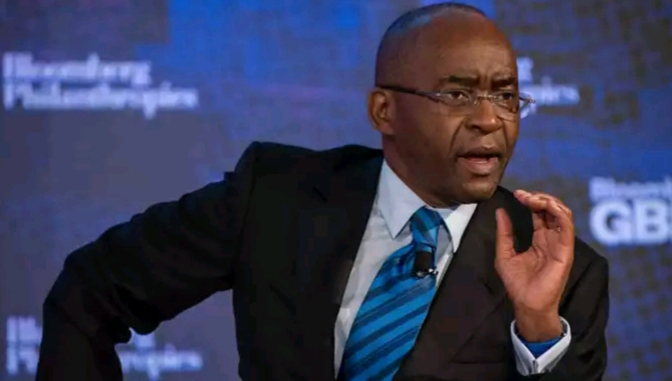Recently, we published an article detailing how Strive Masiyiwa might end up selling as much as 34% of his stake in Liquid Telecom to pay off Econet Media debts valued at just under US$400 million.
At this point it’s clear that Kwese was a COSTLY failure and with the benefit of hindsight it’s easy to criticise Econet Media along with Strive Masiyiwa for buying up content that consumers were not interested in at such high prices.
Since the story of Masiyiwa’s efforts to sale his stake broke out, a number of scenarios have played out in my head where I try to imagine how things could have gone differently…
“Kwese should’ve gotten EPL rights?”
The most famous alternative scenario is that Econet Media would’ve been better served by getting rights to the English Premier League and the laymen says these alone would have been enough to save Kwese.
I don’t think so. Firstly, acquiring rights to the EPL is an extremely expensive endeavour. In 2016, SuperSport is reported to have paid £296m (US$388m) for EPL rights. That alone is more than Kwese’s currently outstanding US$375m an indicator that they couldn’t afford those rights.
Besides affording the rights, EPL was always out of the question simply because the rights for the sub-saharan African region are held exclusively by MultiChoice. It wasn’t even an option to begin…
Was local the answer?
On its way down, Econet Media committed to making local content. They promised that Kwese Studios would focus its attentions on local productions;
Through Kwesé Studios, Econet Media will invest in developing its own original programming and provide a platform for African producers, script writers, actors and directors to tell authentic African stories on a pan-African broadcast network.
Unfortunately for Kwese Studios (something we were excited about) it was caught up in a burning Econet Media and never really took off. How different would things have been if Strive Masiyiwa had taken his +US$400 million investment in Kwese and just taken 10% of that and invested in Kwese Studios and a similar vision from the word go.
10% of US$400 million is US$40 million which is not pocket change by any means but a huge amount in the context of Zimbabwe. Recently, CookOut – a local produced and filmed movie – made it to Netflix and is being held as one of Zimbabwe’s beacons of pride in film-making.
Discussion around the budget of CookOut erupted on social media and it emerged that the film was made on a budget ranging between US$8 000-$10 000.
Ever heard of Wadiwa Wepamoyo? The hit show that made waves during the first lockdown back in March and has a combined 3.4m views on YouTube (at the time of writing) reportedly took less than US$1000 to make.
State of Malambia which was partly crowdfunded was produced on a US$105 000 budget. Yes, it did go on to flop but that’s besides the point. The point being Zimbabwean film-makers are willing to work within low budgets to realise their lifelong dream of building a local film industry.
Using the budget of US$10 000 as the standard for a project – a US$20 million investment in the local industry would have made more in over 1500+ shows and movies. The other US$20m could have been put to figuring out how to get consumers to pay for this content, how best to deliver this content and marketing etc. The boring business stuff basically.
And at the end of the day, if that had failed, Mr Masiyiwa and Econet Media would have saved over US$300m, whilst the local film industry would be sitting on lessons upon lessons to build on…


What’s your take? Cancel reply